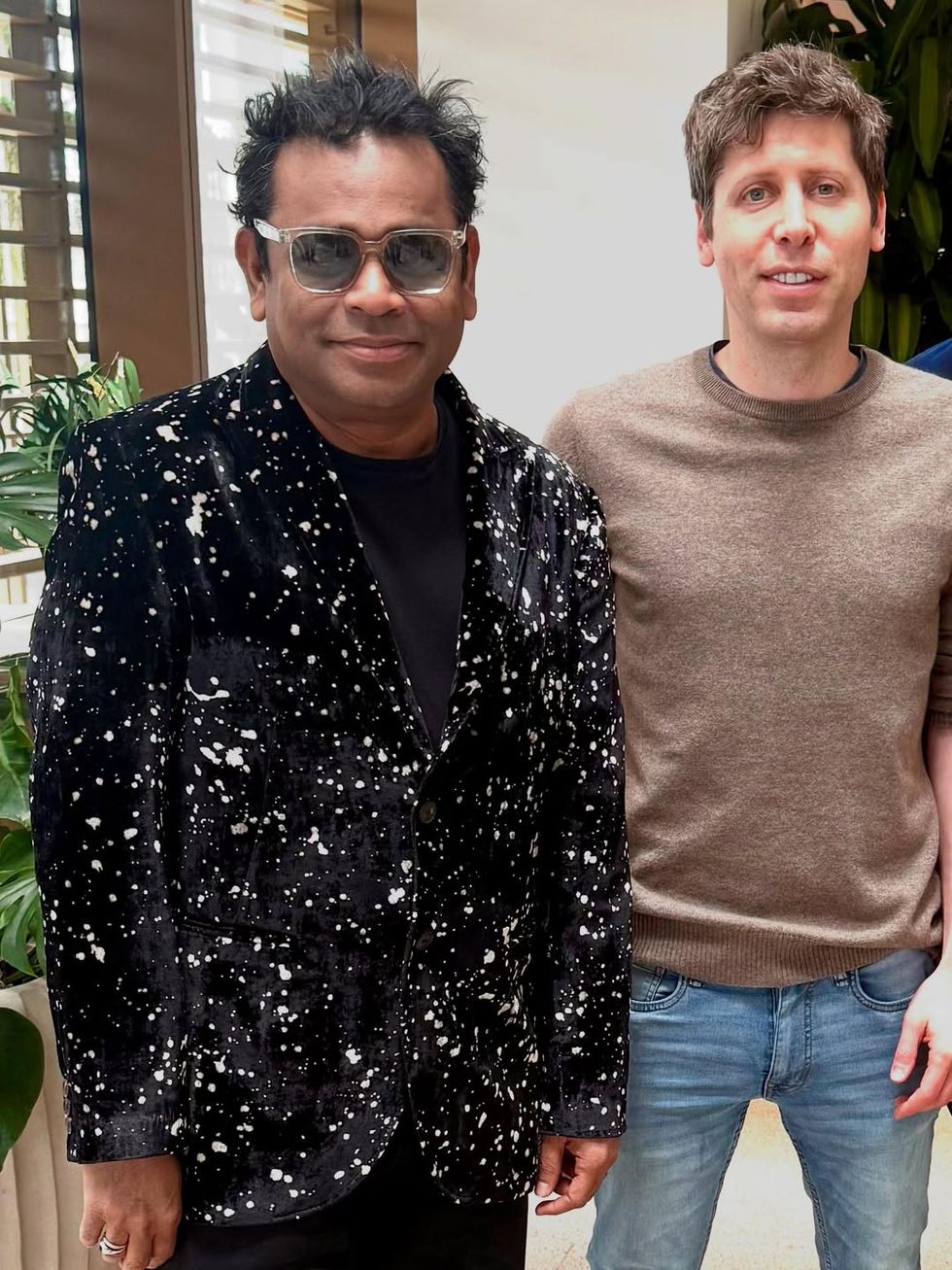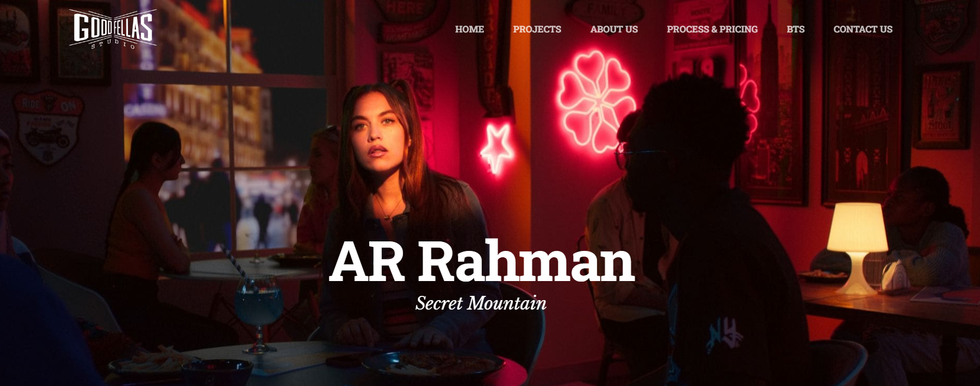FORMER deputy prime minister Nick Clegg has said that Elon Musk risks transforming from a wealthy tech entrepreneur into a potential political puppet master in the US.
Speaking on Nick Robinson's Political Thinking podcast, Clegg, now Meta's president of global affairs, expressed concerns about Musk's growing political influence.
The former Liberal Democrat leader suggested that Musk is moving beyond traditional political sponsorship into a more direct manipulation of the political landscape.
Clegg warned that Musk might transition from being a supporter to actively determining Republican Party leadership, describing this potential scenario as fundamentally different from established American democratic traditions.
"I think it will see he has a choice - he can be either an avid and well-heeled supporter... Or he can try and become a sort of political…puppet master, going well beyond Trump, deciding who the next Republican candidate should be and the one after that, and so on, so forth," he was quoted as saying.
Musk, the world's richest person and one of Trump's closest allies, met with US lawmakers Thursday (5) on his plans for overseeing radical government spending cuts under the incoming administration.
President-elect Trump rewarded the Tesla, X and SpaceX chief for his support during the White House campaign by naming him head of the newly created Department of Government Efficiency, along with another wealthy ally, Vivek Ramaswamy.
Although the office, dubbed DOGE, has a purely advisory role, Musk's star power and intense influence in Trump's inner circle bring political clout.
Clegg, who served as deputy prime minister to David Cameron in 2010's coalition government, highlighted Musk's expansive role in the current US election cycle and potential Trump administration formation.
Addressing broader technological concerns, he also dismissed apocalyptic fears surrounding artificial intelligence. He characterised predictions of AI destroying democracy as overblown, arguing that industry safeguards provide significant protection against potential misuse.
Reflecting on his current role at Meta, Clegg maintained that combating harmful online content remains an ongoing challenge. He stressed that protecting users, particularly young people, is a continuous process that requires constant vigilance and adaptation.
After losing his Sheffield Hallam seat to Labour in the 2017 general election, Clegg pivoted from British politics to the tech world. In 2022, he secured a senior promotion from Mark Zuckerberg, assuming responsibility for policy and communication, complemented by a reported £10 million bonus in addition to his £2.7m annual salary.







 AR Rahman and Sam Altman smile after their meeting at OpenAI office Instagram/
AR Rahman and Sam Altman smile after their meeting at OpenAI office Instagram/  AR Rahman plans global metahuman band with AI and immersive techScreengrab/goodfellas.studio
AR Rahman plans global metahuman band with AI and immersive techScreengrab/goodfellas.studio











